16, February 2023
COVID-19’s Impact on Young People Risks a Lost Generation 0
The COVID-19 pandemic caused a massive collapse in human capital at critical moments in the life cycle, derailing development for millions of children and young people in low- and middle-income countries, according to the first analysis of global data on young people who were under the age of 25 at the onset of the pandemic.
The new World Bank report, Collapse and Recovery: How COVID-19 Eroded Human Capital and What to Do About It, analyzes global data on the pandemic’s impacts on young people at key developmental stages: early childhood (0-5 years), school age (6-14 years), and youth (15-24 years). It found that today’s students could lose up to 10% of their future earnings due to COVID-19-induced education shocks. And the cognitive deficit in today’s toddlers could translate into a 25% decline in earnings when these children are adults.
Human capital—the knowledge, skills, and health that people accumulate over their lives—is key to unlocking a child’s potential and enabling countries to achieve a resilient recovery and strong future growth. Yet the pandemic shuttered schools and places of employment and disrupted other key services that protect and promote human capital, such as maternal and child health care and job training.
“The pandemic and school closures threatened to wipe out decades of progress in building human capital. Targeted policies to reverse the losses in foundational learning, health, and skills are critical to avoid jeopardizing the development of multiple generations,” said World Bank Group President David Malpass. “Countries need to chart a new course for greater human capital investments to help citizens become more resilient to the overlapping threats of health shocks, conflict, slow growth and climate change and also lay a solid foundation for faster, more inclusive growth.”
Due to the pandemic, preschool-age children in multiple countries have lost more than 34% of learning in early language and literacy and more than 29% of learning in math, compared to pre-pandemic cohorts. In many countries, even after schools had reopened, preschool enrollment had not recovered by the end of 2021; it was down by more than 10 percentage points in multiple countries. Children also faced greater food insecurity during the pandemic.
Among school-age children, on average, for every 30 days of school closures, students lost about 32 days of learning. This is because school closures and ineffective remote learning measures caused students to miss out on learning and also forget what they had already learned. In low- and middle-income countries, nearly 1 billion children missed out on at least a full year of in-person schooling due to school closures, and more than 700 million missed one and a half years. As a result, learning poverty—already 57% before the pandemic—has increased further in these countries, with an estimated 70% of 10-year-olds unable to understand a basic written text.
COVID-19 dealt a heavy blow to youth employment. Forty million people who would have had a job in the absence of the pandemic did not have one at the end of 2021, worsening youth unemployment trends. Youth earnings contracted by 15% in 2020 and 12% in 2021. New entrants with lower education will have 13% less earnings during their first decade in the labor market. Evidence from Brazil, Ethiopia, Mexico, Pakistan, South Africa, and Vietnam showed that 25% of all young people were neither in education, employment nor training in 2021.
The window for addressing setbacks in human capital accumulation is small, as gaps in early stages of the life cycle tend to widen over time. Without urgent action, the pandemic also threatens to deepen poverty and inequality. This report highlights evidence-based policy options to recover from current losses and forestall future ones. It also provides an approach to help countries prioritize among different crisis recovery policy options.
In the short term, for young children, countries should support targeted campaigns for vaccinations and nutritional supplementation; increase access to pre-primary education; and expand coverage of cash transfers for vulnerable families. For school-age children, governments need to keep schools open and increase instructional time; assess learning and match instruction to students’ learning levels; and streamline the curriculum to focus on foundational learning. For youth, support for adapted training, job intermediation, entrepreneurship programs, and new workforce-oriented initiatives are crucial.
In the longer term, countries need to build agile, resilient, and adaptive health, education, and social protection systems that can better prepare for and respond to current and future shocks.
“People under the age of 25 today—that is, those most affected by the erosion of human capital—will make up more than 90% of the prime-age workforce in 2050,” said Norbert Schady, Chief Economist for Human Development at the World Bank, and a lead author of the report. “Reversing the pandemic’s impact on them and investing in their future should be a top priority for governments. Otherwise, these cohorts will represent not just a lost generation but rather multiple lost generations.”
The World Bank Group is working closely with governments to protect and invest in people as they cope with and recover from the pandemic. The World Bank’s pandemic response financing reached $72.8 billion between April 2020 and June 2022, including $37.6 billion and $35.1 billion in IBRD and IDA commitments, respectively. During the same period, its financing in human development reached $47.5 billion, supporting 300 projects in low- and middle-income countries.
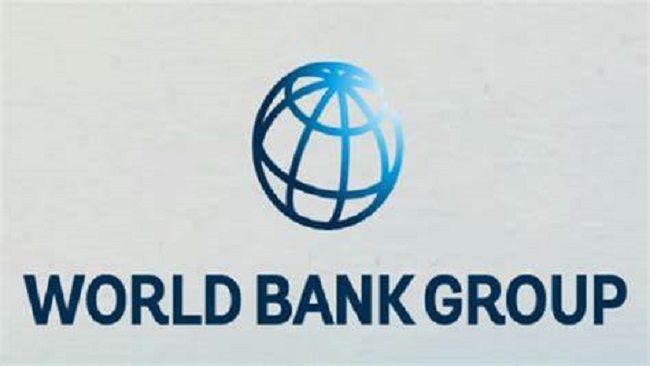

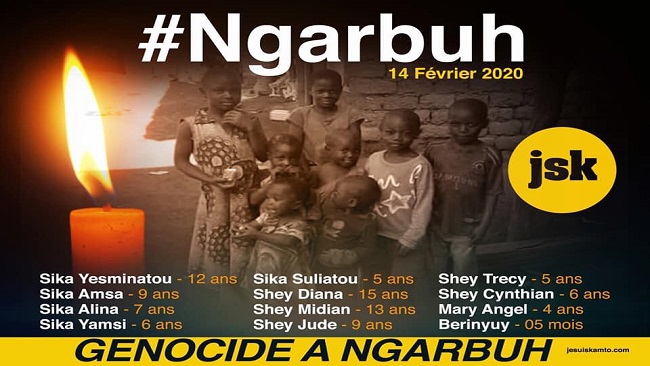
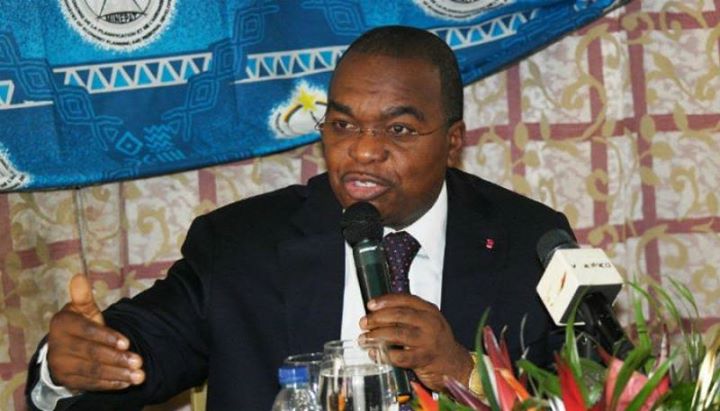
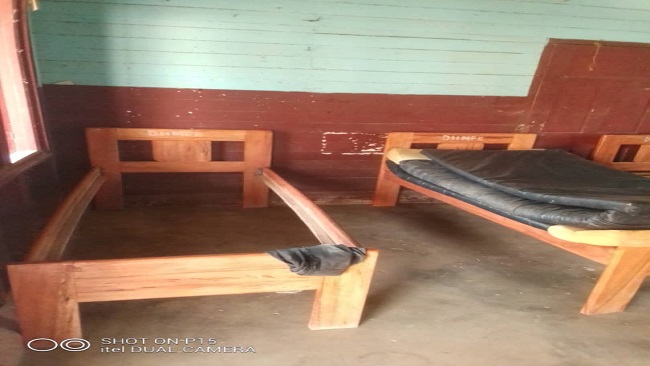
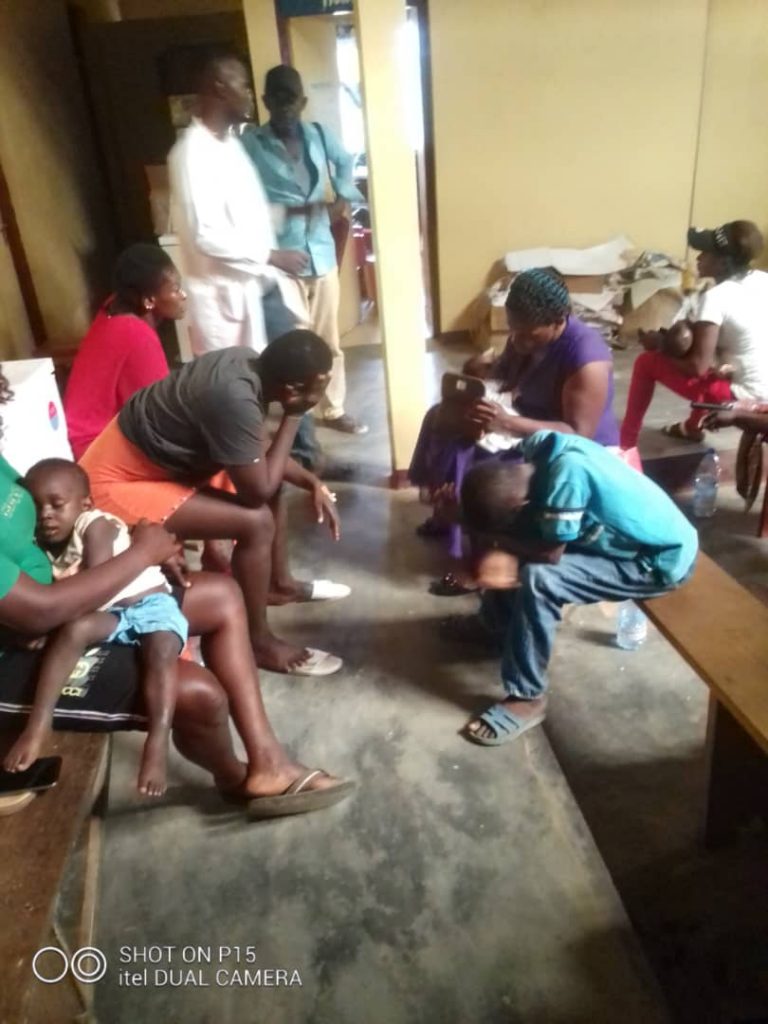
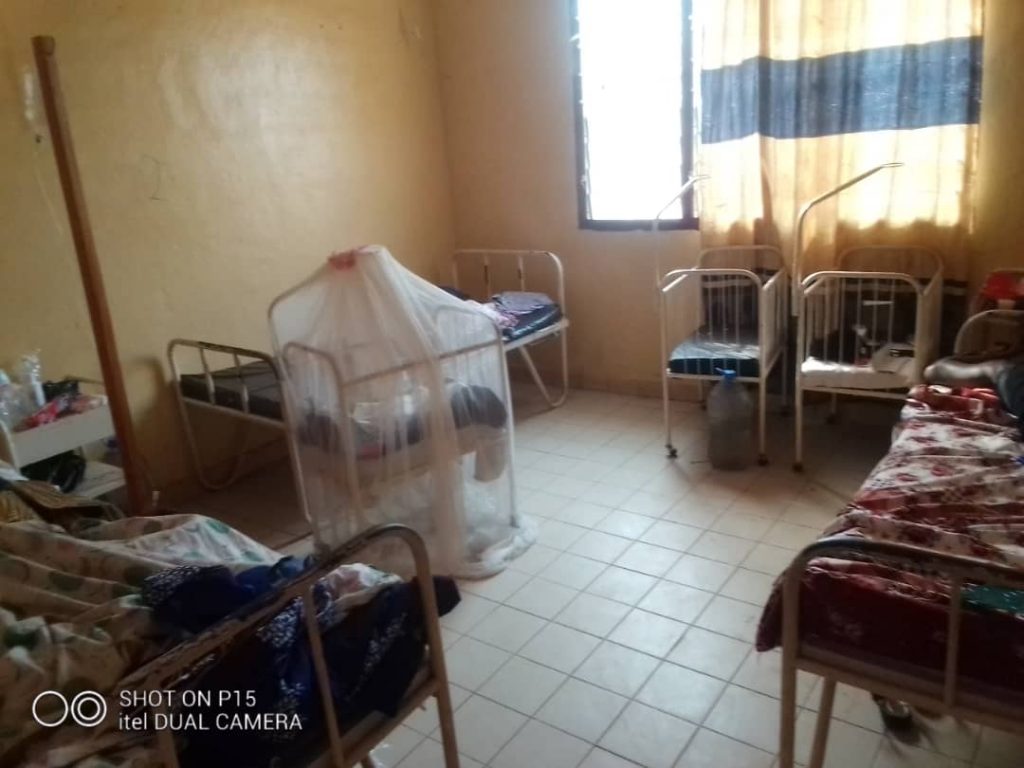
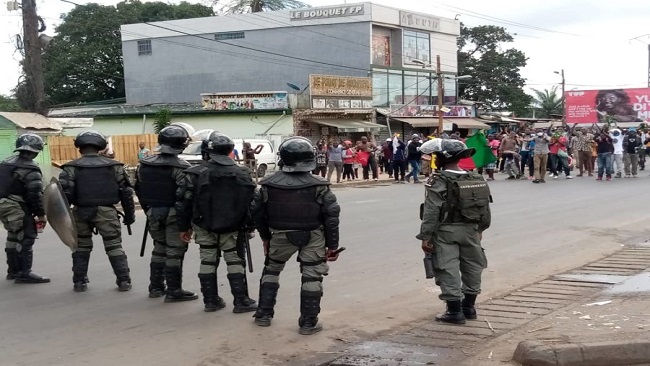
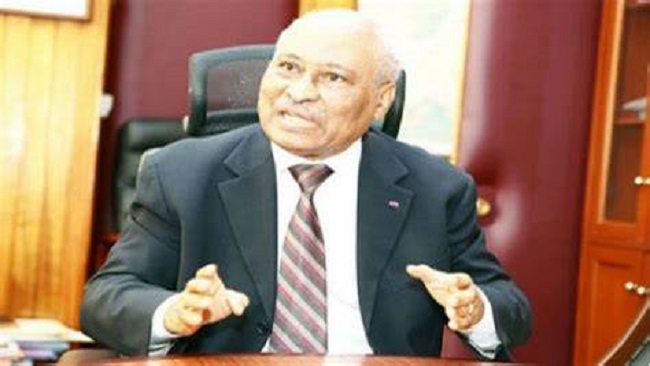

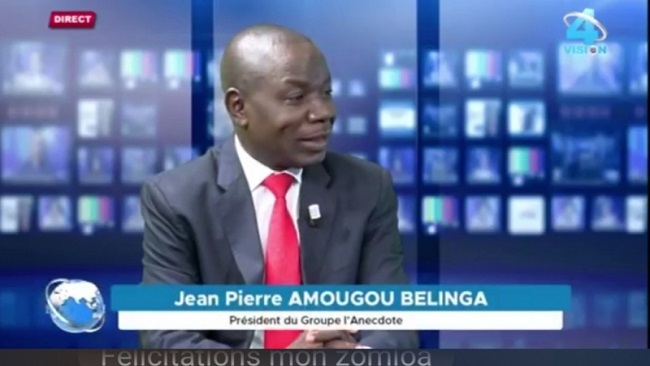


















17, February 2023
Cameroon’s Justice System: Amougou Belinga’s fate hangs in the balance 0
Interest in the Martinez Zogo murder case will not be dying down anytime soon despite some delays due to lack of evidence against the country’s justice minister, Laurent Esso, linking him to the murder.
After hearing the defendants and examining the reports of the commission of inquiry, the government commissioner this week felt that there was not enough evidence to send Jean Pierre Amougou Belinga and other co-accused to the Yaoundé Maximum Security Prison known as Kondengui.
On Tuesday, February 14, 2023, the Yaoundé military court spent about ten hours to question about thirty people arrested in connection with the kidnapping of the whistleblower and journalist, Martinez Zogo, following his barbaric murder on January 17, 2023.
In order for justice to be served, the country’s president, Paul Biya, set up a commission of inquiry comprising police and gendarme officers which has arrested and interviewed for nearly three weeks, about thirty suspects at the Secretariat of State for Defense (SED).
Transferred to the military court for the first time in the early afternoon of Tuesday, February 14, the defendants were on their way to Kondengui when the government commissioner decided to send them back to the SED.
“We had already made arrangements to receive them at Kondengui (the Yaoundé neighborhood which houses the central and secondary prisons). But we also knew that the military prosecutor could decide to release them or ask that they be returned to the SED for further investigation. He chose the latter option because the reports indicate that there is something missing to place the defendants under arrest. This case is very complicated, with pressure coming from all sides,” commented a source close to the case.
To date, the influential businessman, Jean Pierre Amougou Belinga, CEO of the media group, Anecdote, and alleged mastermind of the murder of Martinez Zogo, is spending his second week in custody at the SED.
On the other hand, some of his close collaborators, including Mr. Boulemou, Melanie Bibanga, Rose Olgane, and Ines Belinga were released on Monday, February 13, 2023 for undisclosed reasons.
Ivana Essomba, the wife of Bruno Bidjang, the General Manager of the Anecdote Group, is also breathing the air of freedom. They all spent four days at the SED.
During their brief stay at the SED, they were interviewed in relation to the Martinez Zogo murder case.
During the various hearings, Colonel Raymond Etoundi Nsoe, head of security and father-in-law of Jean Pierre Amougou Belinga had, according to Equinoxe television, confirmed the statement made against the Vision 4 CEO by Lieutenant Colonel Justin Danwe, the Director of Operations at the Directorate General of External Research (DGRE).
Cameroon Concord News learned that Colonel Raymond Etoundi Nsoe had confessed that the money wired into his account by Amougou Belinga was intended to pay off those who murdered Martinez Zogo.
This testimony underscores that the media mogul played a key role in Mr. Zogo’s murder. But the latter has denied his involvement in this heinous crime since his arrest.
The tragic-comedy is still playing out and the public is growing very impatient with the manner in which the investigation is progressing.
By Soter Tarh Agbaw-Ebai